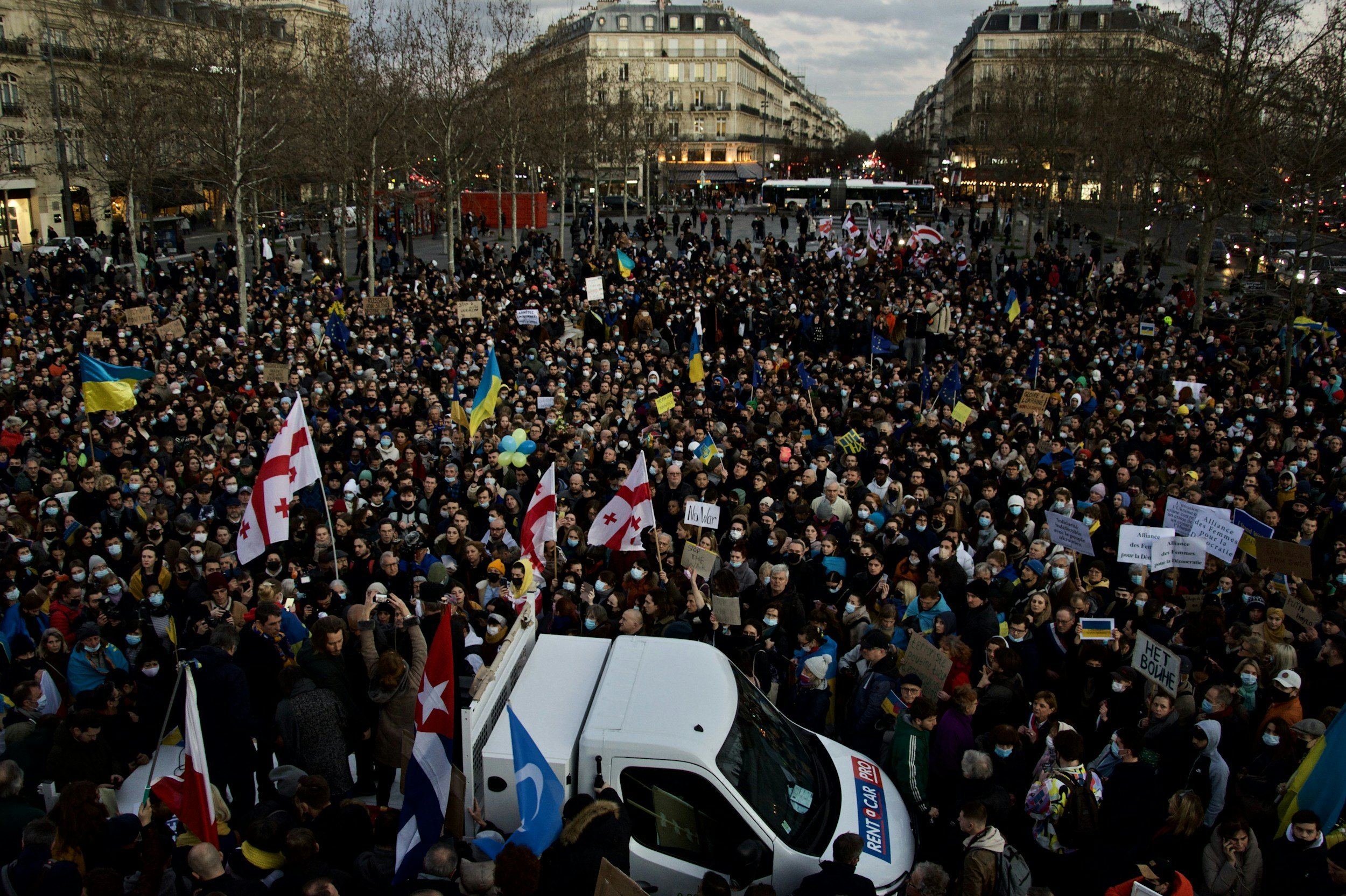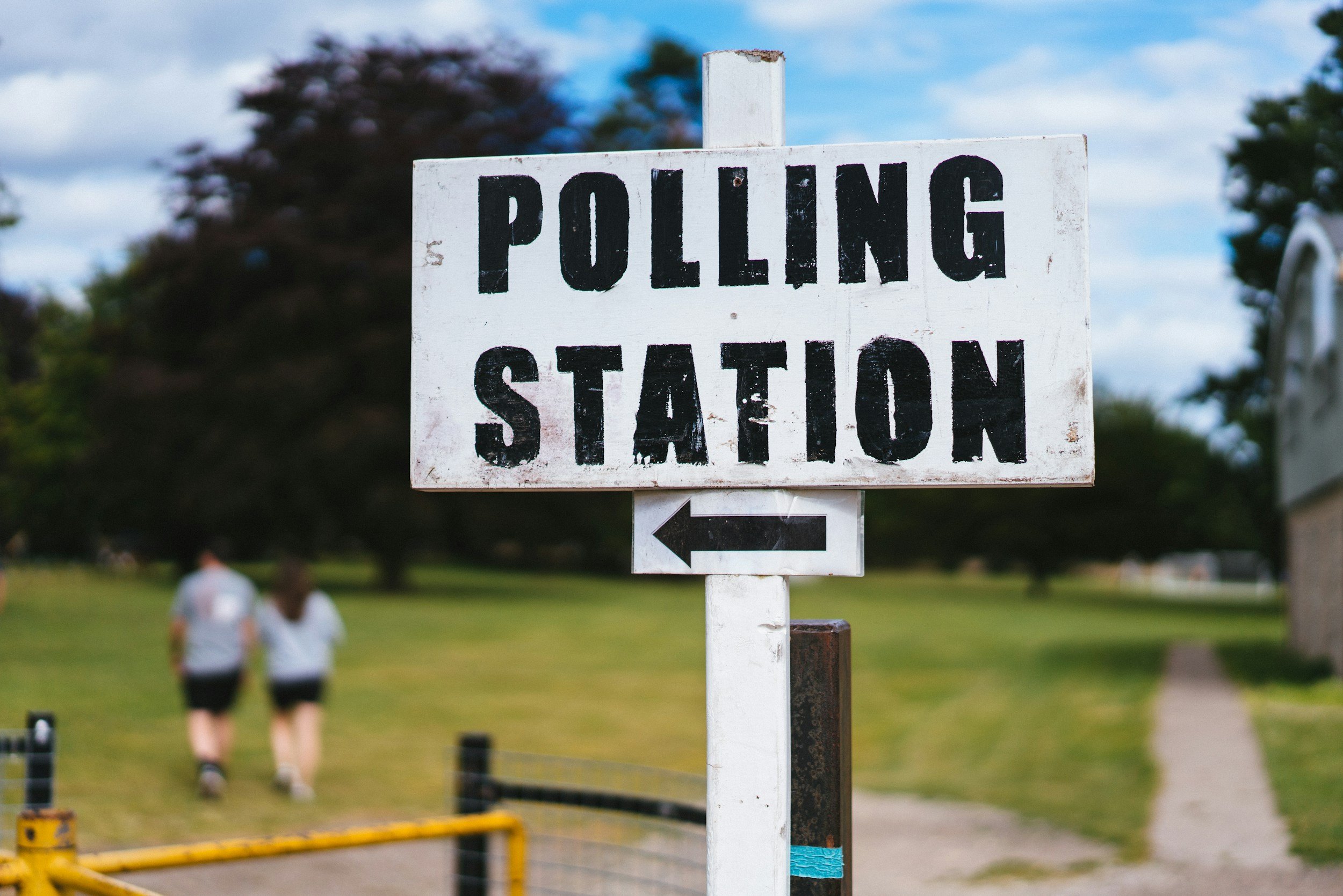
Neighborhood Ambiguities
The political traditions used to secure elected office are embedded in the culture of many neighborhoods. These traditions include politicians, community leaders, and prospective candidates working together to help neighborhood organizations provide services to the residents of the community. These traditions and practices include joining a political club to support party initiatives and help the candidates endorsed by the club win election; attending neighborhood churches to share resources with influential clergy members the community depends on; and attending block parties, street fairs and traditional community festivities. These are shared strategies elected officials have used to secure and maintain elected office. For generations, African American churches have influenced United States politics and social activism and play a crucial role in large scale cultural change.

Neo-Progressivism and Urban Politics in the Ongoing Interregnum
Over the past decade, neo-progressive candidates have been elected to lead several major cities across Europe and the United States: the mayors of change in Spain (2015-2019), the Green mayors in France (2020), as well as leaders in Athens, Berlin, Naples, Preston, and Zagreb. These politicians share a common agenda: rejecting urban austerity policies, promoting more democratic governance, ensuring fair access to public services, fighting against social inequalities and advancing ecological resilience. This shift is particularly significant, as urban governance had been dominated by the neoliberal paradigm since the 1980s, emphasizing economic competitiveness, territorial attractiveness, and budgetary discipline.

Political Lessons from American Cities: Seattle
This special series, “Political Lessons from American Cities,” is presented courtesy of Temple University Press. In this episode, you'll hear from Jennifer A. Heerwig (Stony Brook University) and Brian J. McCabe (Georgetown University) about their book, Democracy Vouchers and the Promise of Fairer Elections in Seattle.

Political Lessons from American Cities: Houston
This special series, “Political Lessons from American Cities,” is presented courtesy of Temple University Press. In this episode, you'll hear from Els de Graauw (Baruch College/CUNY Graduate Center) and Shannon Gleeson (Cornell University) about their book, "Advancing Immigrant Rights in Houston."

Local Democracy in America
Judging by rates of turnout and contestation in mayoral races across the roughly 2,500 municipalities examined in this study, it seems safe to conclude that there is room for improvement when it comes to the health of local elections in the United States. While turnout varies considerably, across the more than 10,000 mayoral races we investigated, it averaged only 43 percent, and almost half of all races (48%) were unopposed. Though these statistics seem rather pessimistic, our study confirms prior research, which finds that the most powerful predictor of turnout in mayoral elections is when the election is held . We find that irrespective of size or location, municipalities with off-cycle elections have turnout rates about 25 percentage-points lower than municipalities whose mayoral elections are concurrent with presidential elections. The good news then, is that a very promising means by which to significantly increase turnout in local elections is not only quite simple, but also clearly within the province of policymakers: changing the election date.

Mayors Unchecked
This article contributes urban politics literature on local democratic practices by studying mayors in one region of the world – Latin America – who in the last couple of decades have gained more prominence as political actors. This is primarily because decentralization as a popular trend has given local governments much more power, authority, and responsibility. In many cities across the region, we can point to mayors who have used their authority to do important things, including opening the budget to new forms of participation and providing services that are tailored to local priorities. In this article, however, we emphasize the opposite problem: mayors who govern using informal political practices that might be characterized as undemocratic.